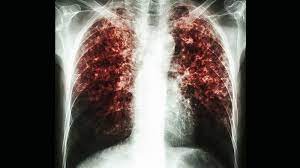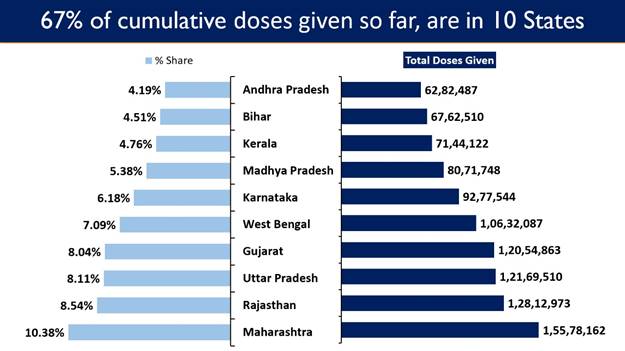The rapid communication highlights key updates including:
- A recommendation on the use of Xpert MTB/ RIF Ultra in gastric aspirate or stool specimens as the initial diagnostic test for TB and the detection of rifampicin resistance, in children aged below 10 years with signs and symptoms of pulmonary TB.
- A recommendation to use a 4-month treatment regimen (2HRZ(E)/2HR) rather than the standard 6-month regimen (2HRZ(E)/4HR) in children and adolescents under 16 years of age with non-severe, presumed drug-susceptible TB.
- In children with MDR/ RR-TB of all ages:- A recommendation to use bedaquiline as part of the shorter, all oral bedaquiline-containing regimen (conditionally recommended by WHO in 2020) or as part of longer treatment regimens.
– A recommendation to use delamanid as part of longer treatment regimens.
– These recommendations make it possible to design all-oral regimens for children of all ages.
- A recommendation on the use of a shorter intensive regimen composed of 6 months of isoniazid, rifampicin, pyrazinamide and ethionamide in children and adolescents with microbiologically confirmed or clinically diagnosed TB meningitis, presumed to be drug-susceptible, as an alternative to the currently recommended12 month regimen.
- As well, treatment decision algorithms incorporating WHO-recommended diagnostic tests may be used for children aged below 10 years with signs and symptoms of pulmonary TB. In addition, in high TB burden settings, decentralized and family-centered, integrated services may be implemented to improve TB case detection and the uptake of TB preventive treatment.
The rapid communication aims to inform staff from ministries of health and care providers across public and private sectors, technical partners and other stakeholders about the key findings, considerations and changes related to the diagnosis, treatment and care of TB for children and adolescents, in order to allow for planning at the country level ahead of the release of updated guidelines and an associated operational handbook.
Detailed recommendations will be published in the coming months as part of WHO’s Consolidated Guidelines on Tuberculosis, Module 5: Co-morbidities, Vulnerable Populations and People-centred Care, alongside a complementary operational handbook, which will contain implementation guidance. The recommendations are based on the outcomes of a Guideline Development Group meeting.











